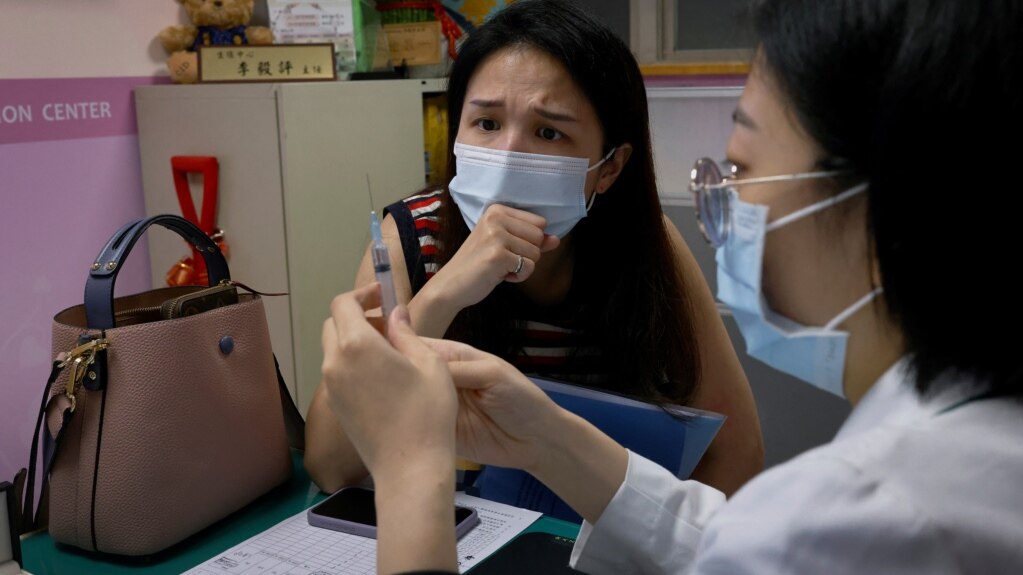Some single women in Taiwan are medically freezing their eggs although they cannot currently use them to have children unless they marry.
The women say they want to make sure they have usable eggs stored in case the island’s government changes its current law. Taiwanese law currently permits single women to freeze their eggs. But it is only legal for them to use those eggs if they marry a man.
Self-ruled Taiwan has a fertility rate of 0.89 children per woman. That is less than half of the replacement rate of 2.1 necessary to prevent decreasing population. It is also one of the world's lowest rates, following South Korea and Hong Kong.
Doctors in Taiwan say the law has led to about eight percent of women using their frozen eggs. This compares to about 38 percent of women in the United States.
Vivian Tung is a 33-year-old Taiwanese marketing director. She injects herself with a drug daily over a two-week period, which was part of the process needed to freeze her eggs. The drug Rekovelle is a hormonal medicine used to improve egg production.
Tung is one of a rising number of Taiwanese women who are choosing to freeze their eggs so that, later in life, they can become pregnant and have a child. "It's my insurance policy," she told the Associated Press. She explained that many women in Taiwan are independent, career-centered, and not necessarily looking for a husband to have children with.
"My family is very supportive and respect my choice. When they hear that I buy insurance for myself, they also feel very good," Tung said.
Taiwan became the first place in Asia to legalize same-sex marriage in 2019. In May, the island’s government gave same-sex partners the right to jointly adopt a child.
Records show that only about four percent of children in Taiwan are born out of wedlock, or born to parents who are not married. This compares with about 40 percent of children in the United States.
Demand for egg freezing in Taiwan has risen sharply in recent years. A study carried out by National Taiwan University Hospital showed that, over the past three years, the number of women aged 35 to 39 who froze their eggs was up 86 percent.
More than 12 centers offering egg freezing services opened in Taiwan in the year following the COVID-19 pandemic, said Dr Lai Hsing-Hua. He is founder of Taiwan's first egg bank, the Stork Fertility Clinic.
Lai said the fertility centers in Taipei and Hsinchu have reported a 50 percent increase in patients from the year before. As a result, the centers have frozen the eggs of more than 800 women.
I’m Bryan Lynn.

